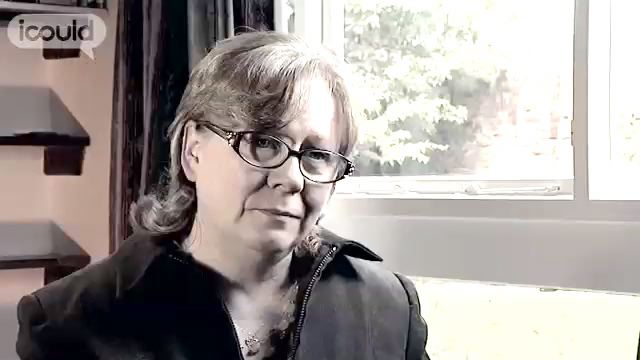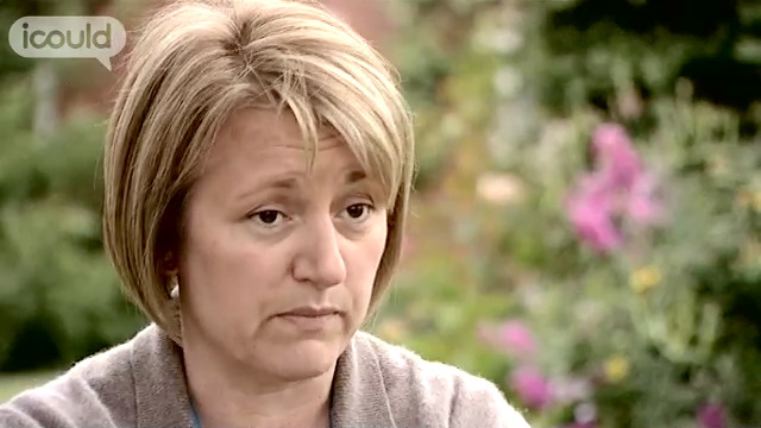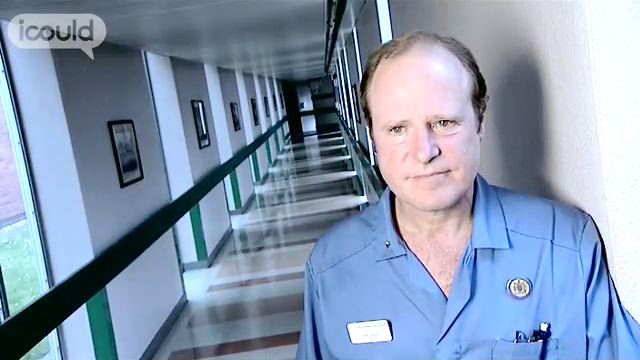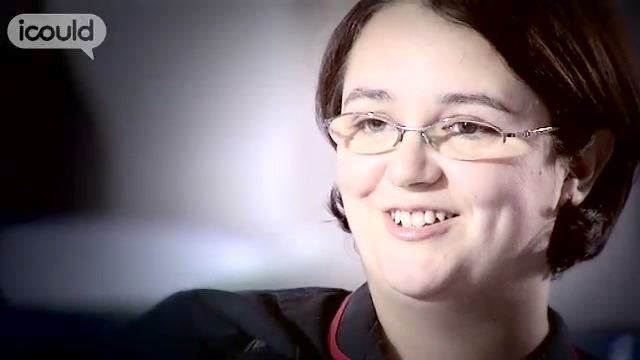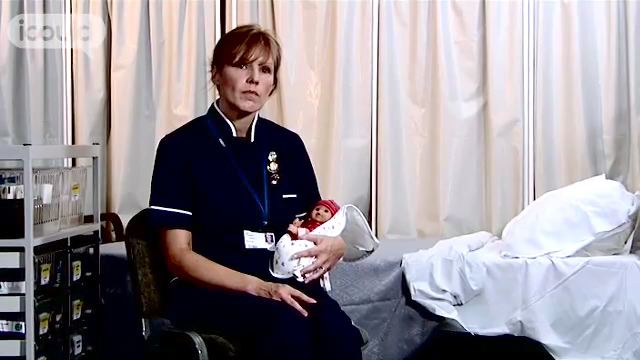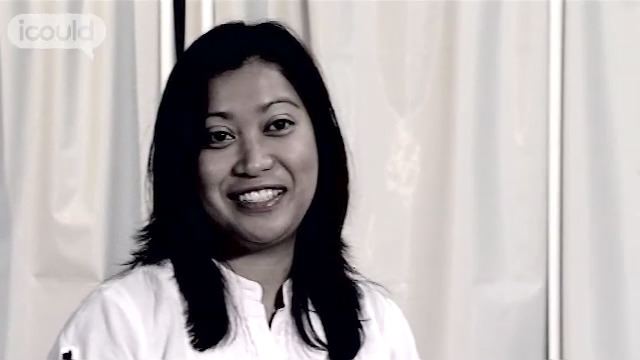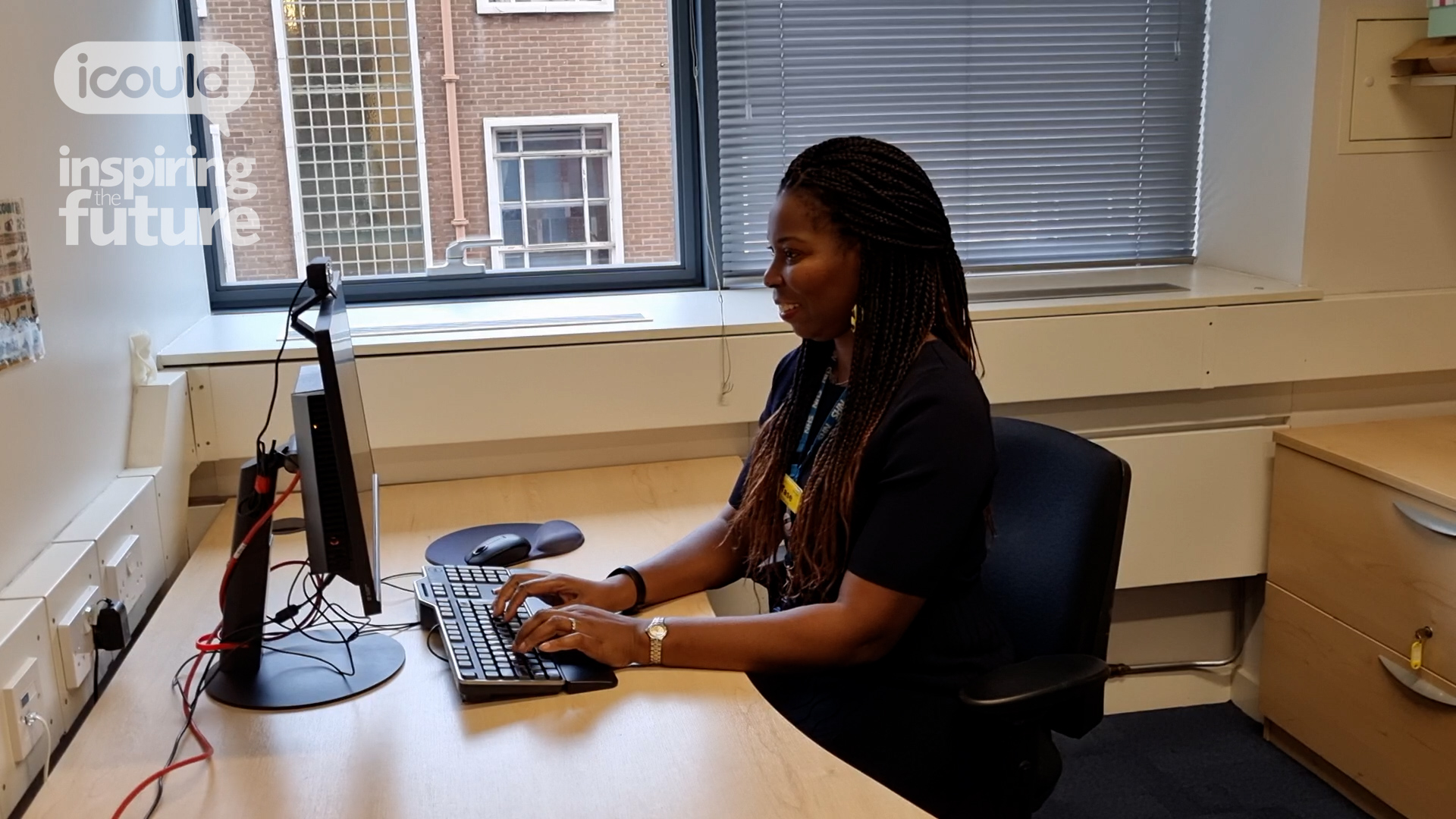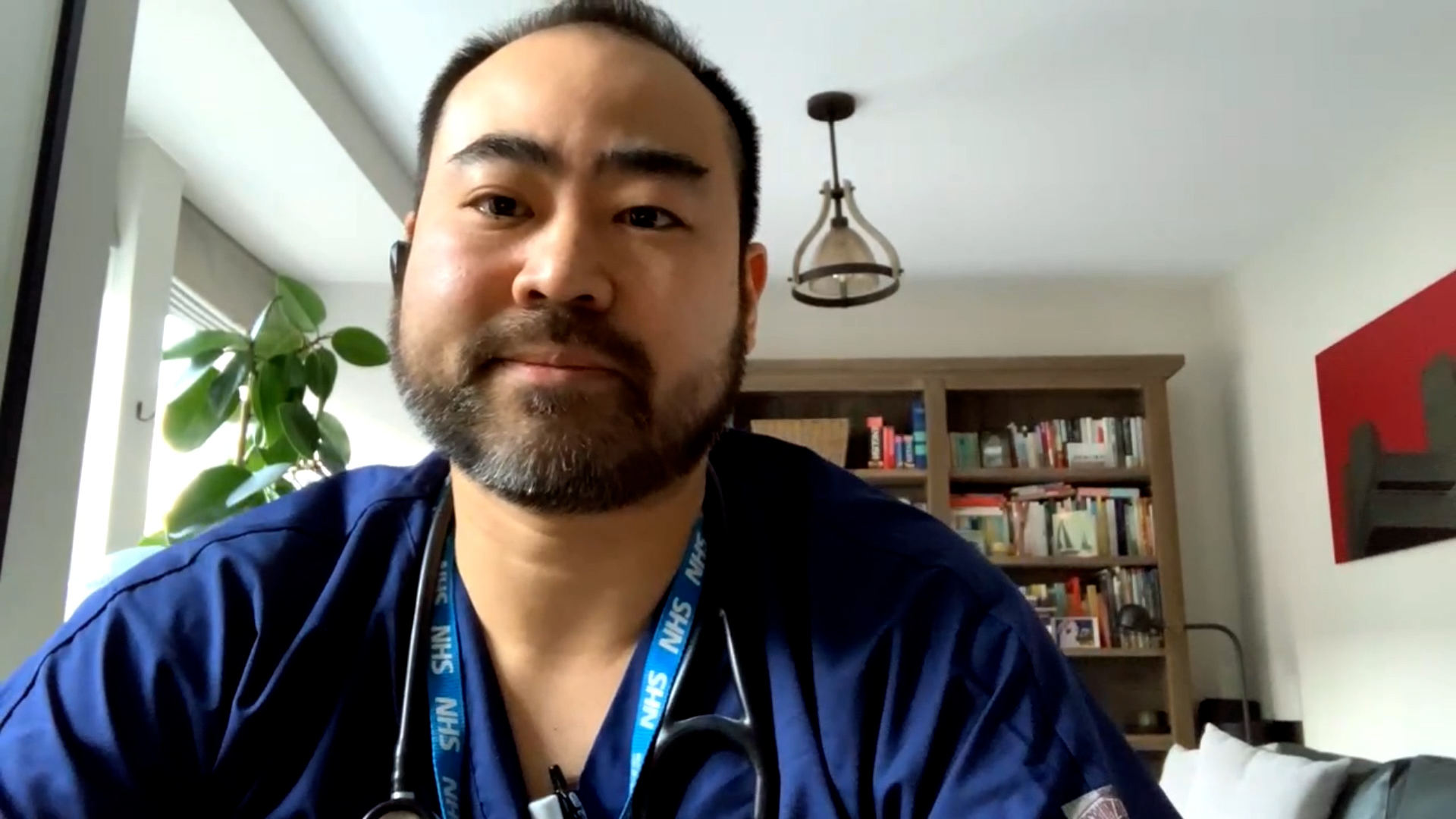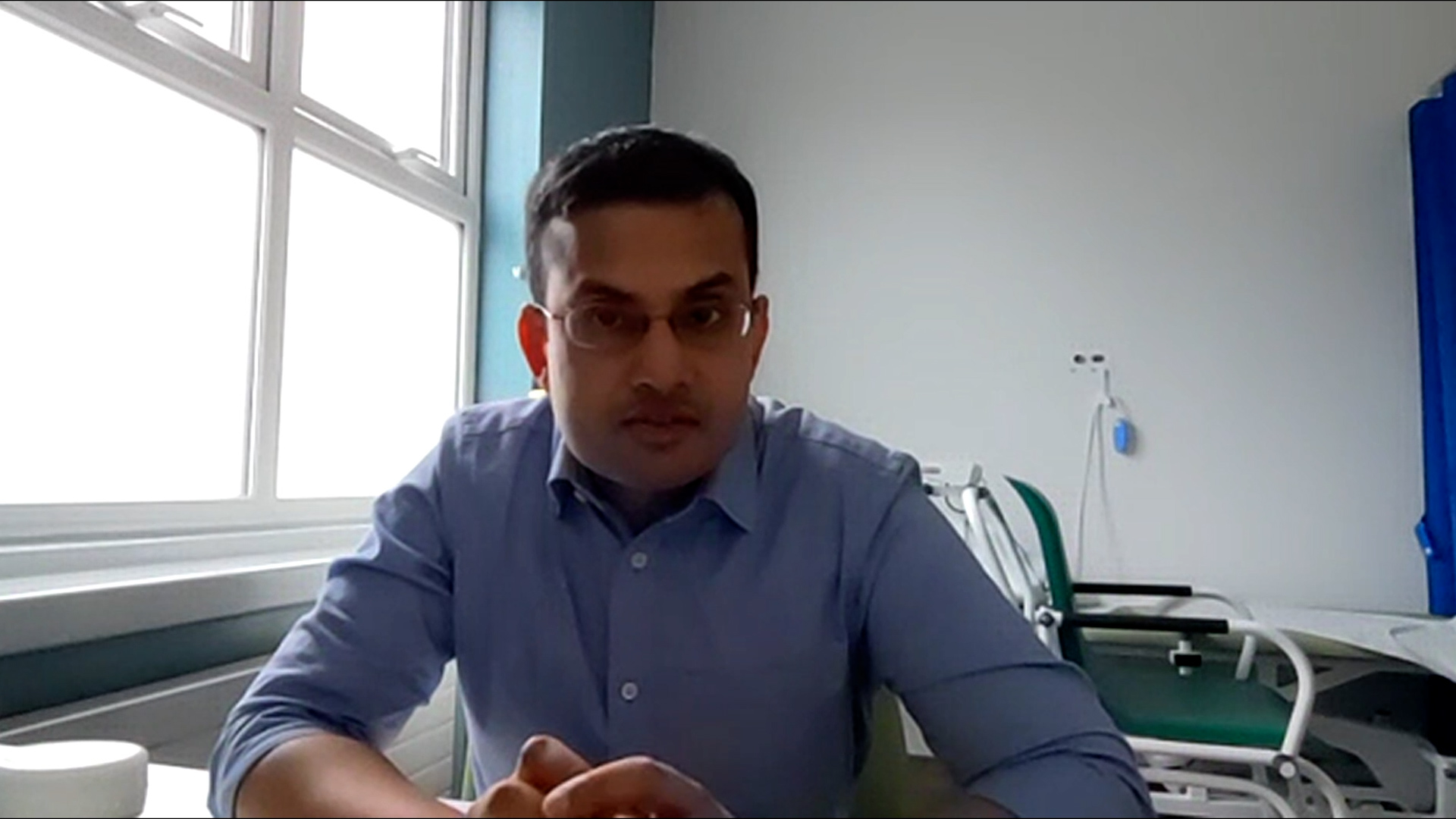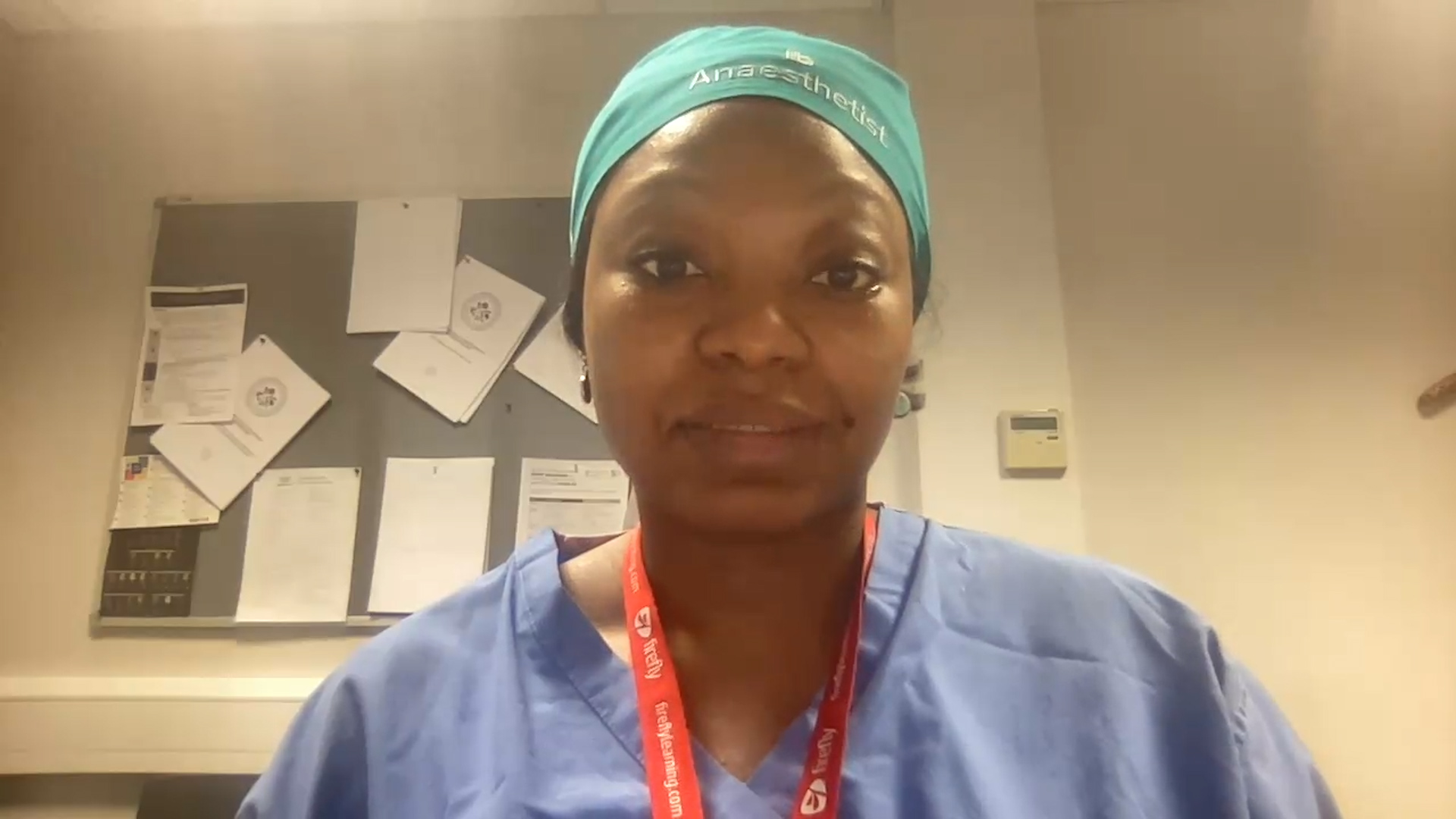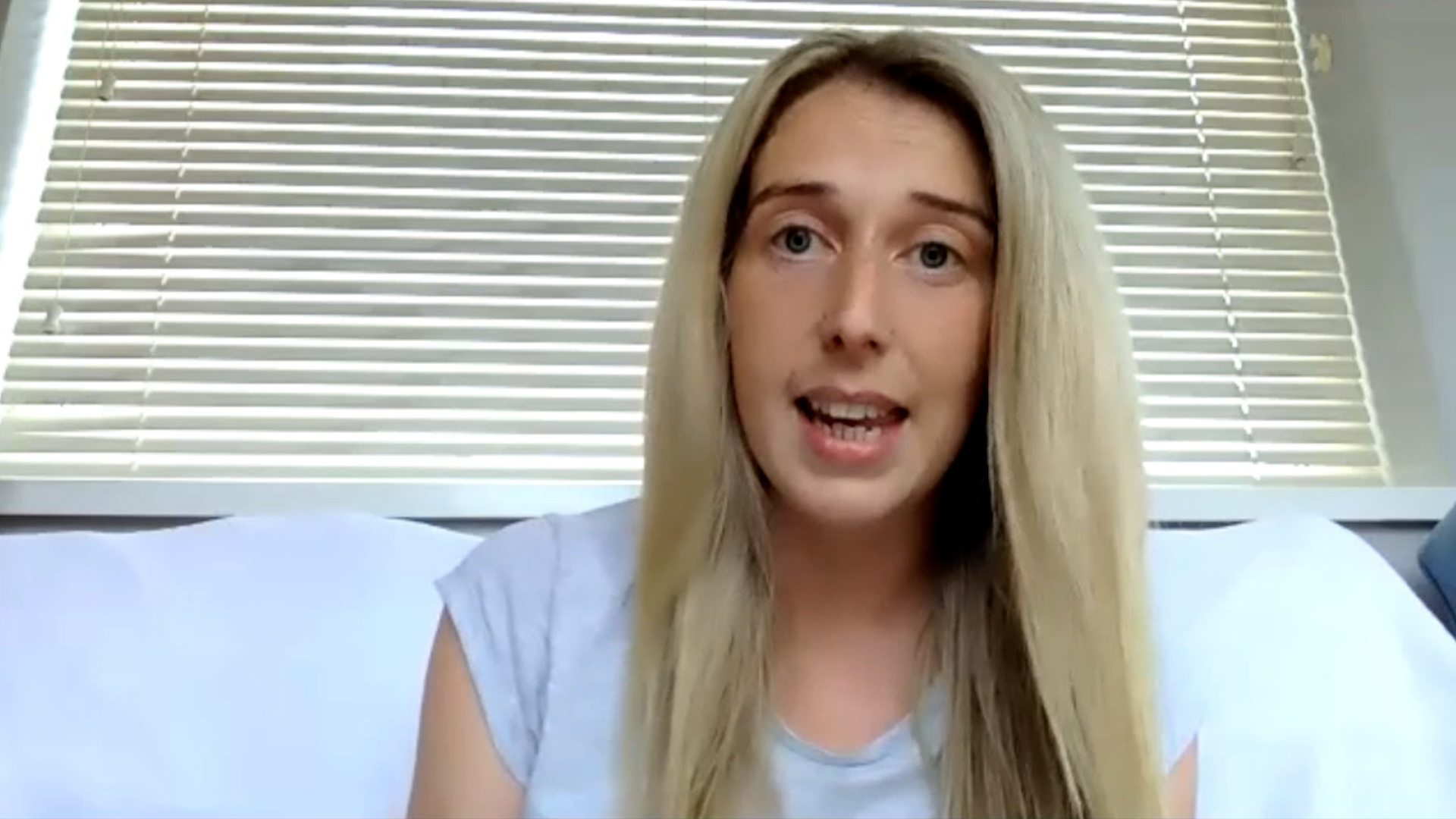Explore: Healthcare
School Nurse
Rotherham, Doncaster & South Humber NHS Trust
info Issues viewing the video?
| Mike
School Nurse |
|
| 00:06 | My name is Mike and I am a school nurse working in Doncaster, South Yorkshire. |
| 00:11 | I’ve been a school nurse for about 11 years now, erm, I really enjoy my job. |
| 00:17 | A big part of my job is regularly going into primary and secondary schools to see, er, to see pupils and to help them with their health needs, erm, whether it be physical health, emotional health or sexual health. |
| 00:30 | Best part of my job? Going into schools and seeing pupils for 1 to 1 talks or group work, erm, or even engaging with families in the family home. |
| 00:41 | I loved school. Primary, and secondary, school, I loved going to school. Never missed a day, erm, because I loved socialising with my friends. That’s what I loved about school. The schoolwork and the exams? I didn’t really, I didn’t really care for them much, er, and therefore I left school at 16 with no GCSE results, erm, very poor ones. |
| 01:03 | And, the only job I could find, er, was a butcher in a big meat factory. When I hit 24 I had this sudden relaisation that I wanted to be a nurse, I wanted to help people, and so, I realised that, in order to be a qualified nurse, you have to go to university. So, knowing that I didn’t have any GCSE results, I had to then go back to college for a year to get my GCSEs in maths, English, psychology, sociology and study support. Having gained those GCSE’s when I was about 27, I then went ot university for 3 years to get my advanced diploma in nursing studies. So, then, at 30 year old, I became a fully fledged, qualified nurse. |
| 01:52 | When I was 34 I then went back to university again, erm, to res-, to get a degree in public health, because then that enabled me to be a qualified school nurse, which is ultimately what I wanted to be, erm, so, I got there in the end, it just took me a long time to get there and it was a little bit harder than it probably should have been, because I didn’t do that well at school. |
| 02:20 | Being a school nurse, erm, you’ve got to be able to work as part of a team. You’ve also got to be able to work individualy on your own, erm, and with this comes managing your own time, managing your own diary, being organised, being prepared. One of the most important skills, erm, in being a nurse and being a school nurse is being able to listen well. |
| 02:41 | Accurate record keeping, to be able to put in that patient’s records exactly what was said, erm, and how it was said is an important thing to have. Er, being open-minded and not judging people is also a very important skill to have as a nurse, erm, and, like all nurses, erm, we should be kind, caring and honest. |
| 03:05 | Volunteer. If you can volunteer with a school nurse team, or with a nursing team, erm, then I would volunteer, erm, because you’ll get, you’ll find out if it is actually something that you want to do or not, erm, and ultimately experience is gonna, is gonna get you a long way. |
| 03:24 | Experience everything that life has to offer. Grab every opportunity you can, because life is very short, erm, there will always be good parts that we have to go through, there will always be bad things that we have to experience, erm, but we’ll only get to experience the good things if we make it through the bad things, so stick with it, grab every opportunity you can in life, live life to the full and don’t waste time! |
| 04:03 | END OF TRANSCRIPTION |
“Grab every opportunity you can in life, live life to the full and don’t waste time!” Mike left school without any real qualifications and went to work in a meat factory. At 24, he decided he wanted to become a nurse and so went back to college to get his GCSEs, before continuing his studies.
More information about Nurses
Data powered by LMI For All
£40,560
average salary
The UK average salary is £29,813
36
average weekly hoursThere are 37.5 hours in the average working week
15%
male
85%
female
The UK workforce is 47% female and 53% male
Future employment
Future employment
Description
Nurses provide general and/or specialised nursing care for the sick, injured and others in need of such care, assist medical doctors with their tasks and work with other healthcare professionals and within teams of healthcare workers. They advise on and teach nursing practice.
Qualifications
Qualification as a nurse is via a diploma or degree course, both of which are provided by universities. Courses comprise both theoretical and practical work, including placements in hospital and community settings. Full time diploma courses last three years; degree courses last three or four years. Accelerated programmes are available to graduates with a health-related degree. There is a minimum age limit of 17 years 6 months to enter training. Post-registration training is available for a range of clinical specialisms.
Tasks
- Assists medical doctors and works with other healthcare professionals to deal with emergencies and pre-planned treatment of patients;
- Manages own case load;
- Monitors patient’s progress, administers drugs and medicines, applies surgical dressings and gives other forms of treatment;
- Participates in the preparation for physical and psychological treatment of mentally ill patients;
- Plans duty rotas and organises and directs the work and training of ward and theatre nursing staff;
- Advises on nursing care, disease prevention, nutrition, etc. and liaises with hospital board/ management on issues concerning nursing policy;
- Plans, manages, provides and evaluates nursing care services for patients, supervises the implementation of nursing care plans;
- Delivers lectures and other forms of formal training relating to nursing practice.
Employment by region
Top 10 industries for this job
Health
314858
Residential care
175605
Social work
165385
Public admin. & defence
41067
Education
19467
Real estate
13754
Employment activities
9129
Services to buildings
7969
Membership organisations
5999
Specialised construction
2766
Employment status
Related career stories
⇦
⇨
